Zeta Zero Pure Gas XLR Cable!

 Zeta Zero is known mainly as a builder of High-End loudspeakers in Poland and Europe It’s very well schooled designer and CEO Tomasz Rogula has designed some fascinating loudspeakers including his Orbital 360 models that are omni-directional, and very efficient at roughly 92dB/watt.
Zeta Zero is known mainly as a builder of High-End loudspeakers in Poland and Europe It’s very well schooled designer and CEO Tomasz Rogula has designed some fascinating loudspeakers including his Orbital 360 models that are omni-directional, and very efficient at roughly 92dB/watt.
His top full range Orbital model spans the frequency range from the mid teen Hz’s measured out to over 96kHz (the limit of his test equipment) using Pink/White noise. Rogula’s latest Orbital models use his new ultra low mass Orbital Bi-stereo ribbon membranes. And Zero Zeta’s top Orbital model can play at levels up to about 130dB—if you own an amp that can deliver a clean 2500 watts and have the nerve! You could always wear ear protection but you’d likely lose some of those fine stratospheric high frequencies that way. J
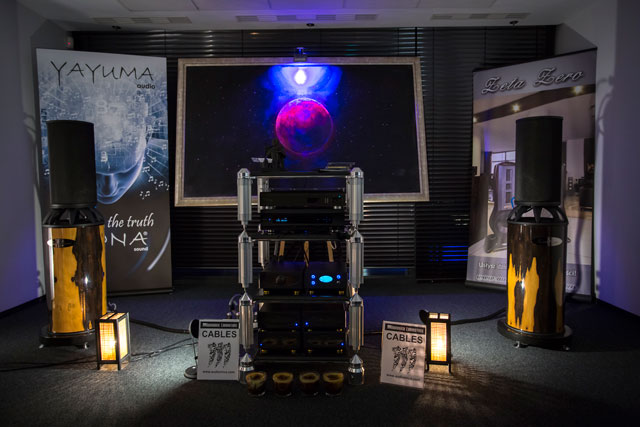
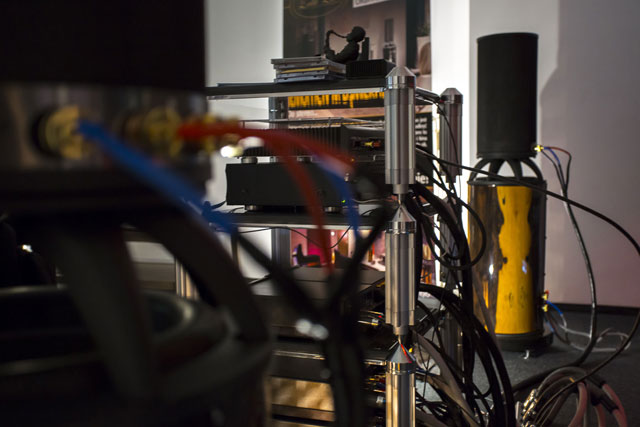
Recently, Tomasz is trying his hand at producing state-of-the-art audio cables including his Pure Gas XLR interconnects, which is the subject of this review. Tomasz has sent me photos of how low his cables measure in capacitance on a digital meter and his results are incredible. The resistance per meter is also exceedingly low making for a cable that does not change or obstruct the pure audio signal in any significant way, especially in the high frequencies.
So to be clear, Rogula’s Pure Gas XLR interconnects appear “fatter” than other interconnects because of the noble gas mixture he uses for a dielectric but they are fairly light and can be gently bent around curves easily enough.
The resistance of his XLR cables is a super low 5 milliohms per meter. And actually the resistance on my review pair was verified on 3 different meters at 9.9 milliohms over its 2 meter length! The capacitance was measured and confirmed at an astonishing 20.5pf/meter for my 2-meter review samples.
Tomasz says he knows of no other cables that measure as low in resistance and he has measured quite a few of the familiar big name brands, which had many times the resistance of the Pure Gas XLR. He also admitted that even the top model Acrolink 7N-DA6300 (the best of those he personally measured, and a company Tomasz respects) came in at 9.1 milliohms of resistance per meter, which is almost twice the resistance of the Zeta Zero Pure Gas cable.
Rogula claims his cable construction and the resulting specs are responsible for its super-fast transient response and extended high-frequency reproduction.
And Tomasz is very aware of how bundles of bare wires touching each other can screw up the skin effect of the voltage riding on their outer “skins” so he uses no less than 90 five-nines pure copper individually isolated wire strands on both the negative and positive legs of the cable for a total of 180 individually isolated wire strands. Even the ground leg is silver plated copper—now who does that for a ground leg??
The Pure Gas cables are shielded with multi-layer metallic mesh and filled with the proprietary noble gas mix I mentioned previously. Of course the XLR plugs are very high quality with gold-pin connectors for a great connection that will not oxidize as quickly as copper or other metals. I have always liked a copper wire to gold plug connection as I’ve found it to be a warm and musical combination.
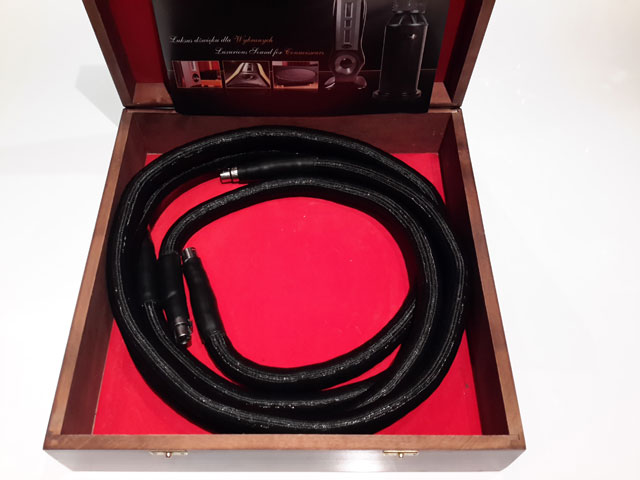
Plug and Play
I installed the ZZ (Zeta Zero) Pure Gas XLRs in my Large Room system between my Lyngdorf DPA-1 digital preamplifier and my Rogue ST-100 tube amplifier. The Rogue amp fed my Legacy Focus SE speakers. The installation was easy since the ZZ Pure Gas are phat but somewhat light, and could bend easily to make the requisite turns to my two connected components. Simple, simple!!
The Proof’s in the Performance
 During my first listen to the ZZ Pure Gas XLRs I was impressed by their high frequency performance and the depth of field their extended high frequencies imparted. At that point I didn’t have many hours on them so I waited a bit add more break-in time and after only 20 hours or so they began sounding quite impressive. To begin my critical listening, I put on a recording that I knew from past experimenting to be difficult for most audio systems to reproduce in a musical way that sounds authentic. It is Rodrigo y Gabriela’s Live in Japan CD (ATO0062 88088-21638-2).
During my first listen to the ZZ Pure Gas XLRs I was impressed by their high frequency performance and the depth of field their extended high frequencies imparted. At that point I didn’t have many hours on them so I waited a bit add more break-in time and after only 20 hours or so they began sounding quite impressive. To begin my critical listening, I put on a recording that I knew from past experimenting to be difficult for most audio systems to reproduce in a musical way that sounds authentic. It is Rodrigo y Gabriela’s Live in Japan CD (ATO0062 88088-21638-2).
Starting out with “Juan Loco,” it quickly became clear that the ZZs are capable of reproducing ultra-fast musical transients that are quicker and better focused than my reference Maker Audio cables. This made instruments with high frequency overtones sound much more authentic and nuanced—such as Rodrigo’s blazing guitar work. Even Gabriela’s hand and finger thumping on her guitar’s body and the accompanying syncopated applause was more authentic and added to my feeling that I was actually in Japan attending the live concert.
Then on “FOC” the hall echo from the percussive foot stomping defined the immensity of the venue—along with Gabriela’s guitar-molesting pot shots to her wood body that enhanced the concert experience. And I must say that no matter which type of percussive instrument was being battered, the ZZ cables made it easier to recognize the acoustic signature of each particular instrument.
And on “Orion” the duo’s foot stomping percussion was surprisingly taut, full, and lifelike. This is a great recording and with the ZZ’s precise musical presentation it came to life in my listening room. The live illusion was more convincing than I’ve heard it on any other audio system.
 I checked Ingrid Michaelson’s Be OK CD (Cabin Records 8 90264 00210 6) and virtually all the high frequency percussion was a notch above what my previous reference cables could manage, both in frequency extension and clarity. And Ingrid’s vocal performance was clear, well focused, and natural as if she were standing right there in my room.
I checked Ingrid Michaelson’s Be OK CD (Cabin Records 8 90264 00210 6) and virtually all the high frequency percussion was a notch above what my previous reference cables could manage, both in frequency extension and clarity. And Ingrid’s vocal performance was clear, well focused, and natural as if she were standing right there in my room.
I must say that when Ingrid sang her cover of Elvis’ “Can’t Help Falling In Love,” it felt so emotional and personal that it brought a tear to my eye… and the backing piano playing added to the emotional impact.
As great as the ZZ Pure Gas XLRs sound on vocals, piano, and stringed instruments, I was additionally delighted with their superior performance with the brasses. Playing my Inevitable Jazz Bros. CD (unfortunately no longer available), the brasses and banjo really shine. On “Major Wagner,” the trumpet was more lifelike and nuanced than I had previously experienced. The ZZ cables simply brought out more subtle nuances in the character of the instrument—such as subtle volume changes and even mistakes. The banjo on that track sounded more true-to-life and less smeared as well. These are things that make the recording more interesting and invite the listener to focus their attention on the music’s intricacies.
Caveats
Zero caveats to report for Zero Zeta’s Pure Gas XLR. Well, what did you expect??
Conclusion
I greatly enjoyed my time evaluating the Zero Zeta Pure Gas XLR interconnects. They breathed new life into my favorite reference recordings and made me want to break out different CD’s from my collection to see what further improvements the ZZ’s would impart to my most cherished music.
Obviously at their somewhat high price one would expect exemplary sound quality—but like many others I’ve found that high price alone is not a guarantee of great performance. Fortunately in this case, at least for my taste Zeta Zero has hit the nail square on the head.
Tomasz Rogula is hoping to expand into the US market once he finds a capable and progressive distributor, but for now US audiophiles can order the Zero Zeta Pure Gas XLR’s direct from Zeta Zero in Poland. Highly recommended!


frank alles
Manufacturer
Zeta Zero
Str. Ksiezycowa 22
05-500 Jozefoslaw (South Warsaw)
Poland, EU
Phone: (+48) 227509522, (+48) 601842926
E-mail: trstudio@trstudio.com
Web: http://www.audio-high-end.com/
Zeta Zero Pure Gas XLR
Price: 1400 Euro per meter + vat in EU
Price as reviewed: 5600 Euro+vat, or $6,583 USD
Stereo Times Masthead
Publisher/Founder
Clement Perry
Editor
Dave Thomas
Senior Editors
Frank Alles, Mike Girardi, Russell Lichter, Terry London, Moreno Mitchell, Paul Szabady, Bill Wells, Mike Wright, and Stephen Yan,
Current Contributors
David Abramson, Tim Barrall, Dave Allison, Ron Cook, Lewis Dardick, John Hoffman, Dan Secula, Don Shaulis, Greg Simmons, Eric Teh, Greg Voth, Richard Willie, Ed Van Winkle, Rob Dockery, Richard Doran, and Daveed Turek
Site Management Clement Perry
Ad Designer: Martin Perry


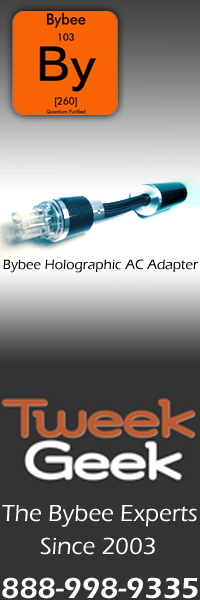

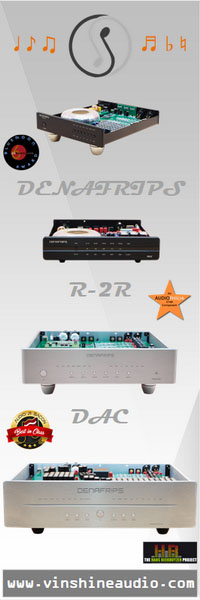
Be the first to comment on: Zeta Zero Pure Gas XLR Cable!